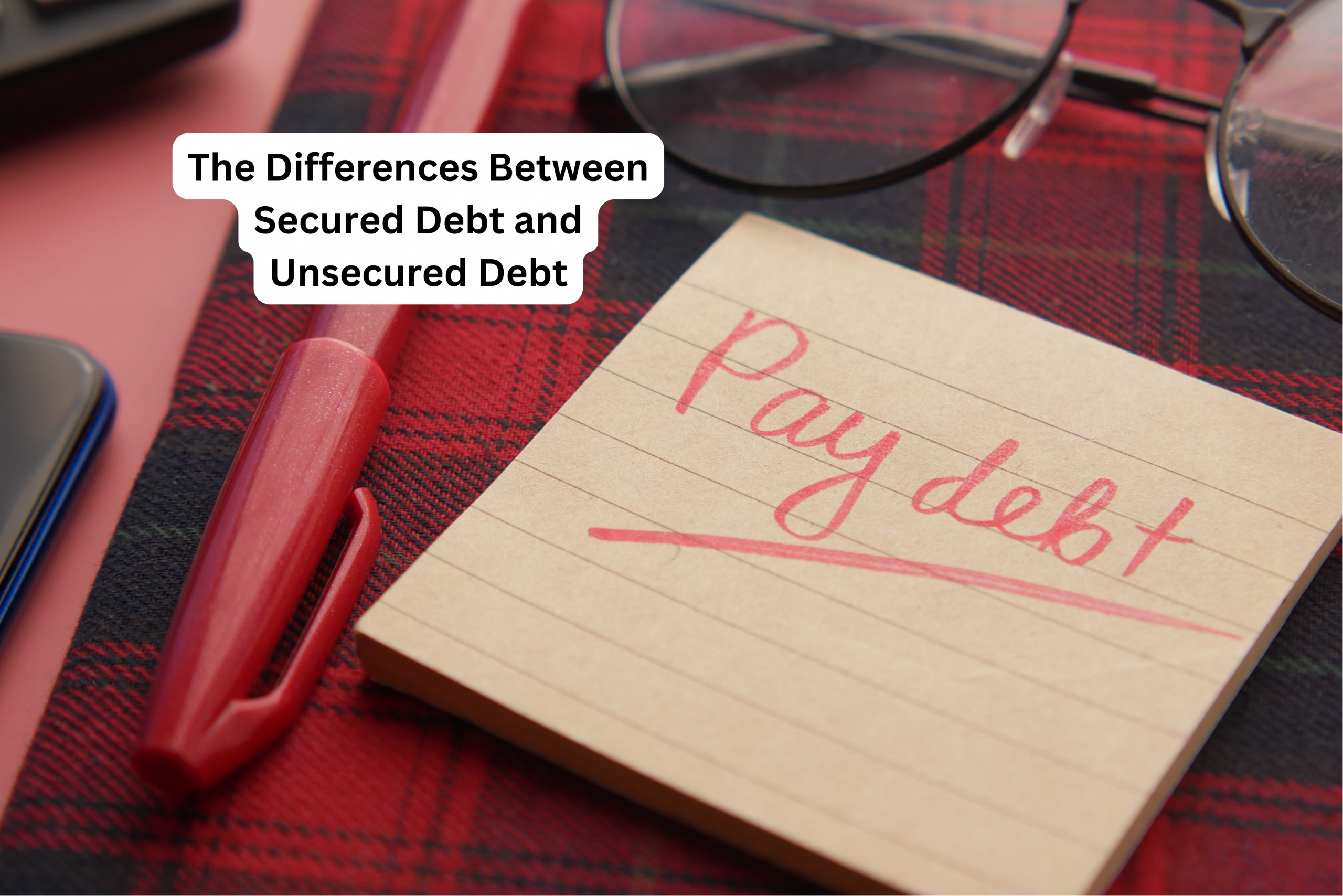
Consumer debt can generally be categorized into two main types: secured debt and unsecured debt. Each type of debt has its own characteristics and implications for borrowers. Secured debt typically comes with lower interest rates because there’s less risk for the lender, but the borrower risks losing the collateral if they can’t repay. Unsecured debt, on the other hand, often has higher interest rates because there’s no collateral, but borrowers don’t risk losing specific assets in case of default.
What is secured debt?
Secured Debt is a type of debt that is backed by collateral, which is an asset that the borrower owns and offers as security to the lender. If the borrower fails to repay the debt, the lender has the legal right to take possession of the collateral. Common examples of secured debt include:
- Mortgages: When you buy a home, you typically take out a mortgage loan. The house serves as collateral, and if you fail to make payments, the lender can foreclose on the property.
- Auto Loans: When you finance the purchase of a vehicle, the car itself is often used as collateral. If you don’t make payments, the lender can repossess the car.
- Secured Personal Loans: Some personal loans are secured by assets like savings accounts, certificates of deposit, or valuable items.
What is unsecured debt?
Unsecured debt is not backed by collateral, meaning there is no specific asset the lender can take if you fail to repay the debt. Lenders approve unsecured loans based on your creditworthiness and ability to repay. Common examples of unsecured debt include:
- Credit Cards: Credit card debt is a prime example of unsecured debt. You can make purchases on your credit card, and if you don’t pay the balance in full each month, you’ll incur interest charges.
- Personal Loans: Many personal loans are unsecured. These loans can be used for various purposes, and they rely on your credit score and income to determine eligibility and terms.
- Student Loans: Student loans are often unsecured, with the government or private lenders extending credit based on the borrower’s educational pursuits and future earning potential.
Help for unsecured debt
Are you struggling with managing unsecured debt? If so, CuraDebt is here to help. CuraDebt has been helping individuals and small businesses for over 22 years nationwide. As of May 2023 CuraDebt received a score of 5 out of 5 on CustomerLobby for a total of 1179 customer views. CuraDebt is an Accredited Member of the American Fair Credit Council. Contact us for a free consultation. 1-877-850-3328.

